Bees: the early risers of warm weather!
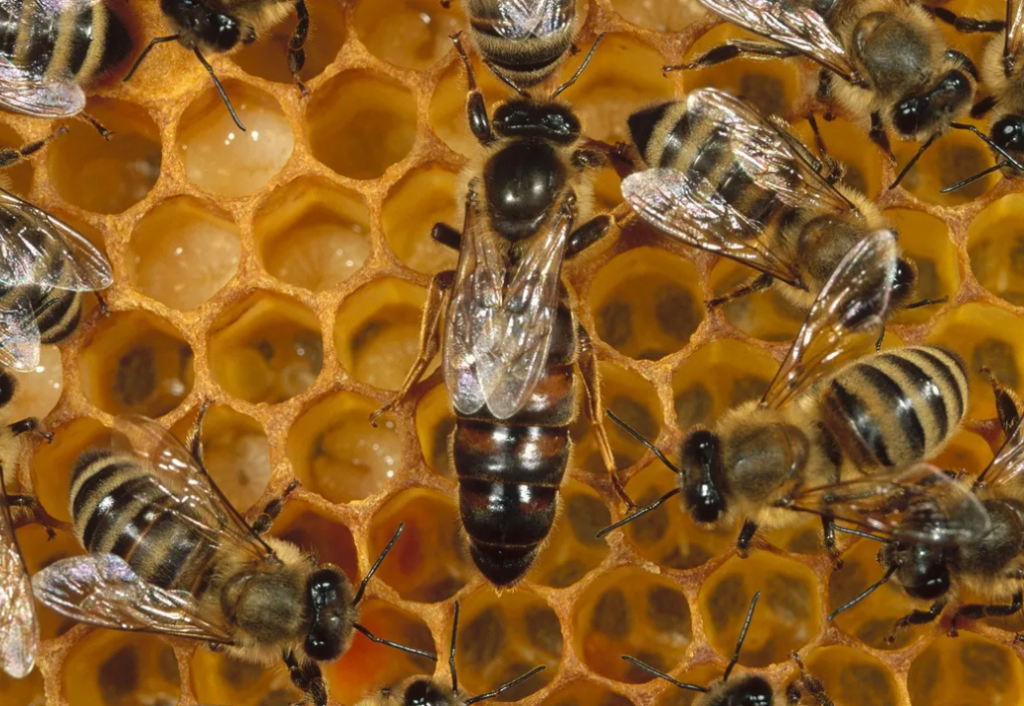
Hello, teenage beekeepers! I’ve got some news that will leave you buzzing, it turns out that British bees are having trouble with the hot spring weather. A recent study, considered the largest of its kind in Britain, revealed that these friendly pollinators are waking up earlier due to climate change. What an inconvenience! For every degree Celsius that the temperature rises, wild bees, such as bumblebees, leave their nests approximately 6.5 days earlier. That means their internal clock has been thrown off, it turns out that spring is coming sooner than expected, and the bees may find themselves with a problem: not synchronizing their rhythms with the plants they depend on for food. What a mess!
Picture this: the bees wake up early, excited to come out of hibernation, but when they head out into the garden, the plants aren’t ready to welcome them yet! It’s like when you get to a party before all your friends and there’s nothing to do. Poor little bees, you’re ruining their breakfast. According to PhD researcher Chris Wyver, from the University of Reading, this change in bee arousal can be a serious problem – when bees emerge early, they can have a hard time finding enough pollen and nectar to stay energized. And that’s not all, if bees can’t pollinate efficiently, crops like apples, pears, and greens could be affected. Imagine having to pay extra for an apple just because the bees are a bit disoriented!
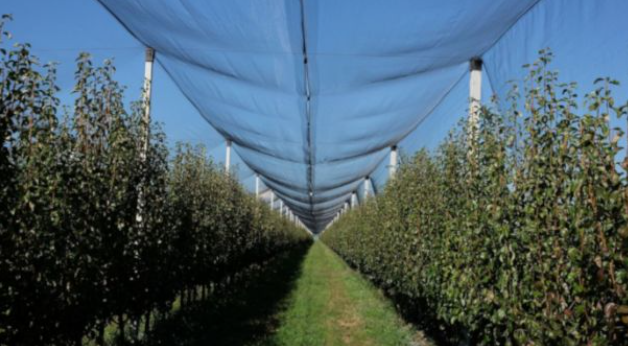
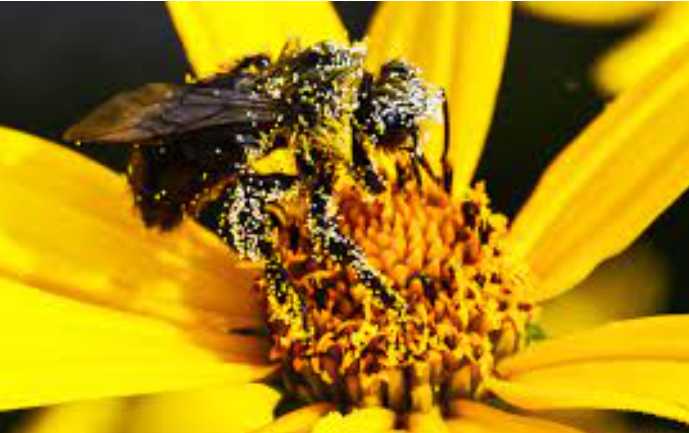
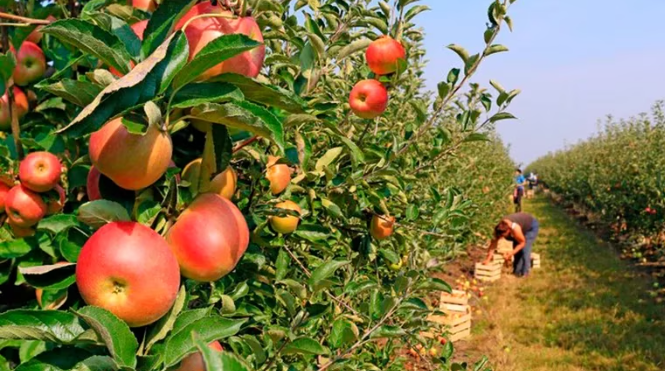
The study analyzed data from 88 different species of wild bees over 40 years, and found that more and more bees are emerging earlier, at a rate of about 4 days per decade. They are accelerated! The bad news is that the winters are expected to get even hotter in the future, which means that the springs will start earlier and the bees will still be active from the beginning of the year. This could create even more plant mismatches and affect pollination. We can’t let that happen!
But all is not lost, dear beekeeping friends, this team of scientists is doing something great. They have created FruitWatch, a project in which they invite people to report when fruit trees bloom in their gardens or parks. They have already received more than 6,500 reports in two years, with this information, they will be able to better understand how climate change affects the flowering of trees and, consequently, the pollination of bees. It’s like a community fruit clock!
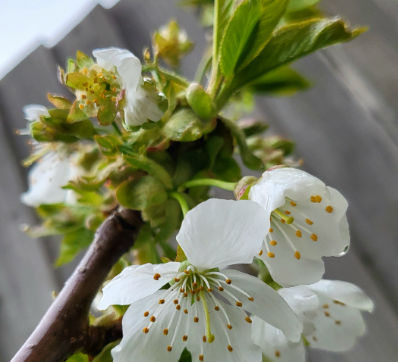
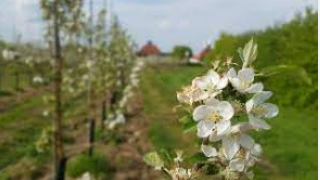
So folks, remember the importance of keeping our bees happy and in sync with nature. Bees have a crucial job and we need to make sure they’re on time to get it done. Let’s continue to care for them and enjoy the tasty fruits of their labor!
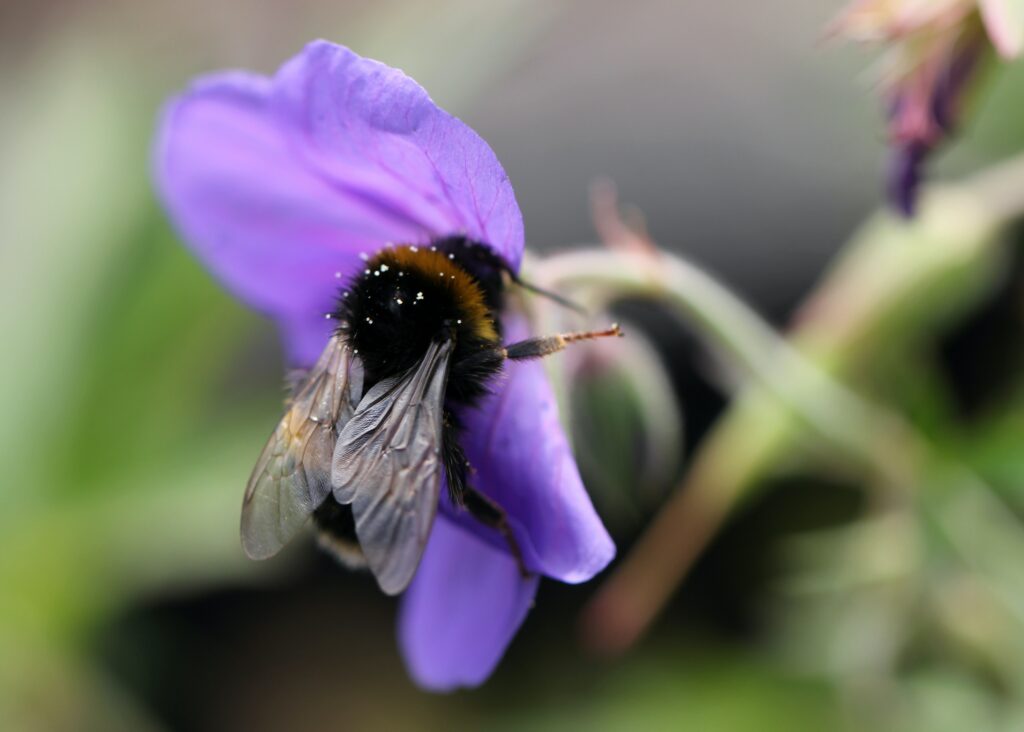
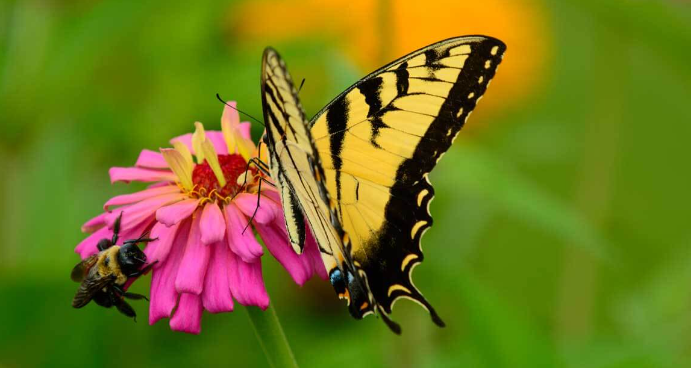
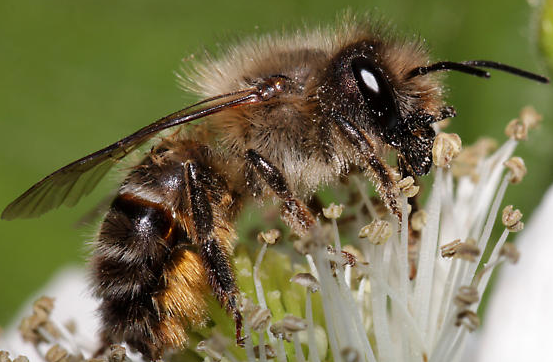
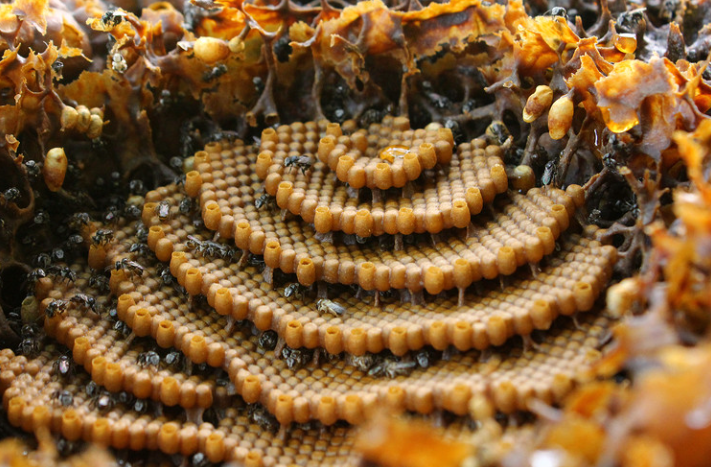

Responses